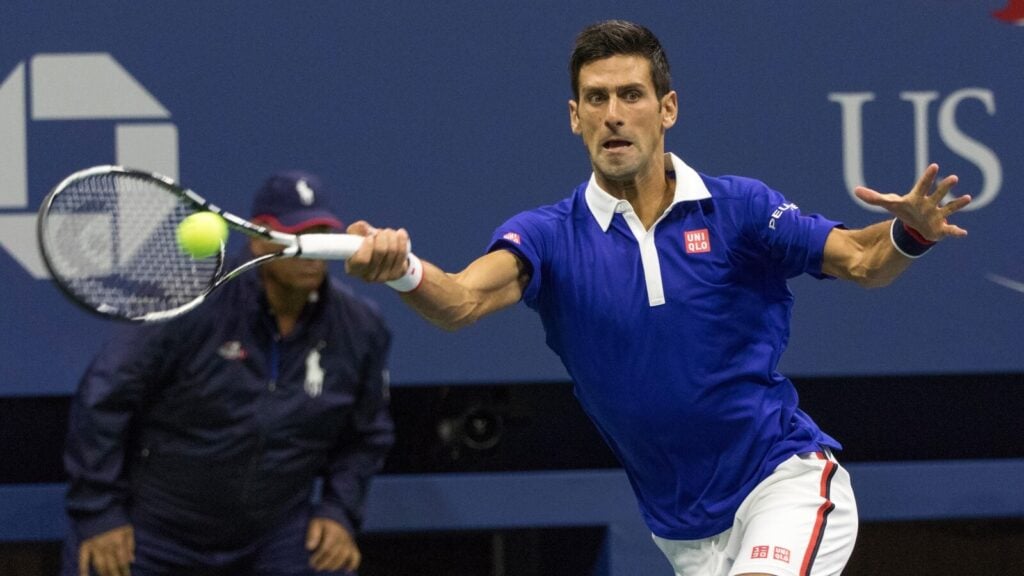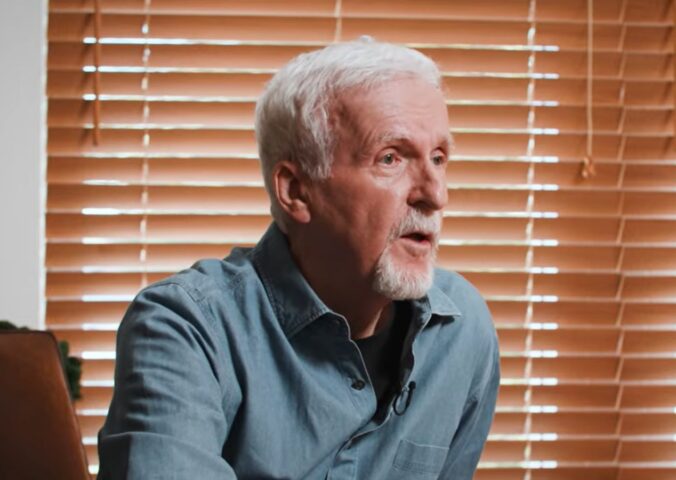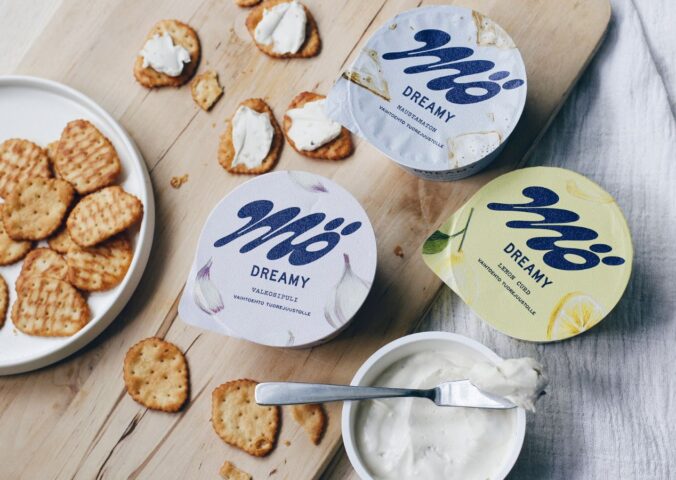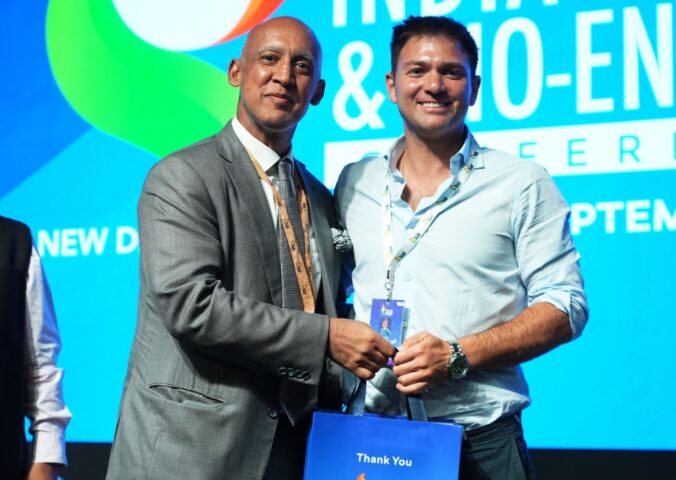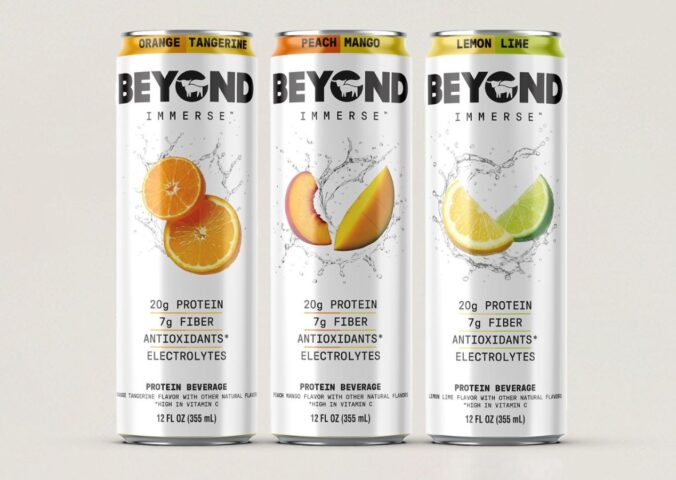A judge has freed Novak Djokovic from immigration detention in Australia after the plant-based tennis pro attempted to enter the country without being vaccinated for COVID-19.
Djokovic arrived in the country on January 5 for the upcoming Australian Open. If all goes well for the athlete, he could secure his 21st grand slam title – a new record.
Australia requires all those arriving from abroad to be fully vaccinated, unless they are exempt.
Djokovic had requested a medical exemption from the policy since he had recently contracted the virus; he tested positive for COVID-19 on December 16, 2021.
But upon entry, Australian Border Force officials canceled the visa, claiming his exemption was not valid.
This was enforced under the country’s Migration Act, which “allows for the cancellation of a visa where the holder poses a risk to the health, safety or good order of the Australian community, or to an individual within the Australian community.”
Arguments
Djokovic brought the matter to court, where his legal team pointed out that the tennis star “had done absolutely everything that he understood was required for him to enter Australia.”
The 34-year-old had received “certification of a medical exemption from vaccination” from the tournament organization, Djokovic’s lawyers said.
Moreover, the Department of Home Affairs had handed the athlete a document stating he met the requirements to be exempt from quarantine.
“He had ticked absolutely every box,” Nick Wood, Senior Counsel representing Djokovic, stated.
On behalf of the Australian Minister for Home Affairs, Karen Andrews, lawyers argued that a previous COVID-19 infection is not a valid medical reason for exemption.
Further, the government said Djokovic was wrong in assuming he was guaranteed entry with the exemption.
Additionally, Prime Minister Scott Morrison revealed last week that Tennis Australia had been informed back in November that unvaccinated individuals would not be allowed to enter the country. That’s even if the player had recently contracted the virus.
As such, Morrison maintains that Djokovic’s exemption was not valid. “Rules are rules,” Morrison said. “Our government has strong form when it comes to securing our borders.”
Ruling
Still, the judge, Justice Anthony Kelly, concluded that the tennis player had recorded his December infection, and reinstated his visa.
“What more could this man have done?” Kelly said.
Djokovic turned to social media to express his gratitude for the decision.
“I am pleased and grateful that the judge overturned my visa cancellation,” he wrote. “Despite all that has happened in the past week, I want to stay and to try to compete at the Australian Open. I remain focused on that.
“I flew here to play at one of the most important events we have in front of the amazing fans. For now I cannot say more but THANK YOU for standing with me through all this and encouraging me to stay strong.”
Djokovic has voiced his disapproval for vaccines in the past, explaining that he is instead “curious about wellbeing and how we can empower our metabolism to be in the best shape to defend against imposters like COVID-19.”
COVID-19 controversy
The outcome was met with disapproval from some of the Australian public. They argued that the government is giving celebrities like Djokovic special treatment, while thousands of families remain unable to see each other due to travel restrictions.
Further, dozens of refugees are being kept at the same hotel Djovovic had been detained in. Some have been locked up for nearly a decade.
It’s not Djokovic’s first run-in with COVID-related controversy. On the day he said he tested positive, the athlete sat on a panel in front of a live audience.
The tennis pro and his fellow panelists were shown without masks.
Then, the following day, the Belgrade Tennis Association posted multiple photos of Djokovic posing with nearly 30 young people at an awards ceremony.
